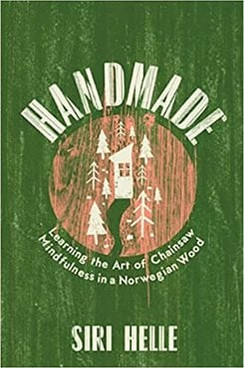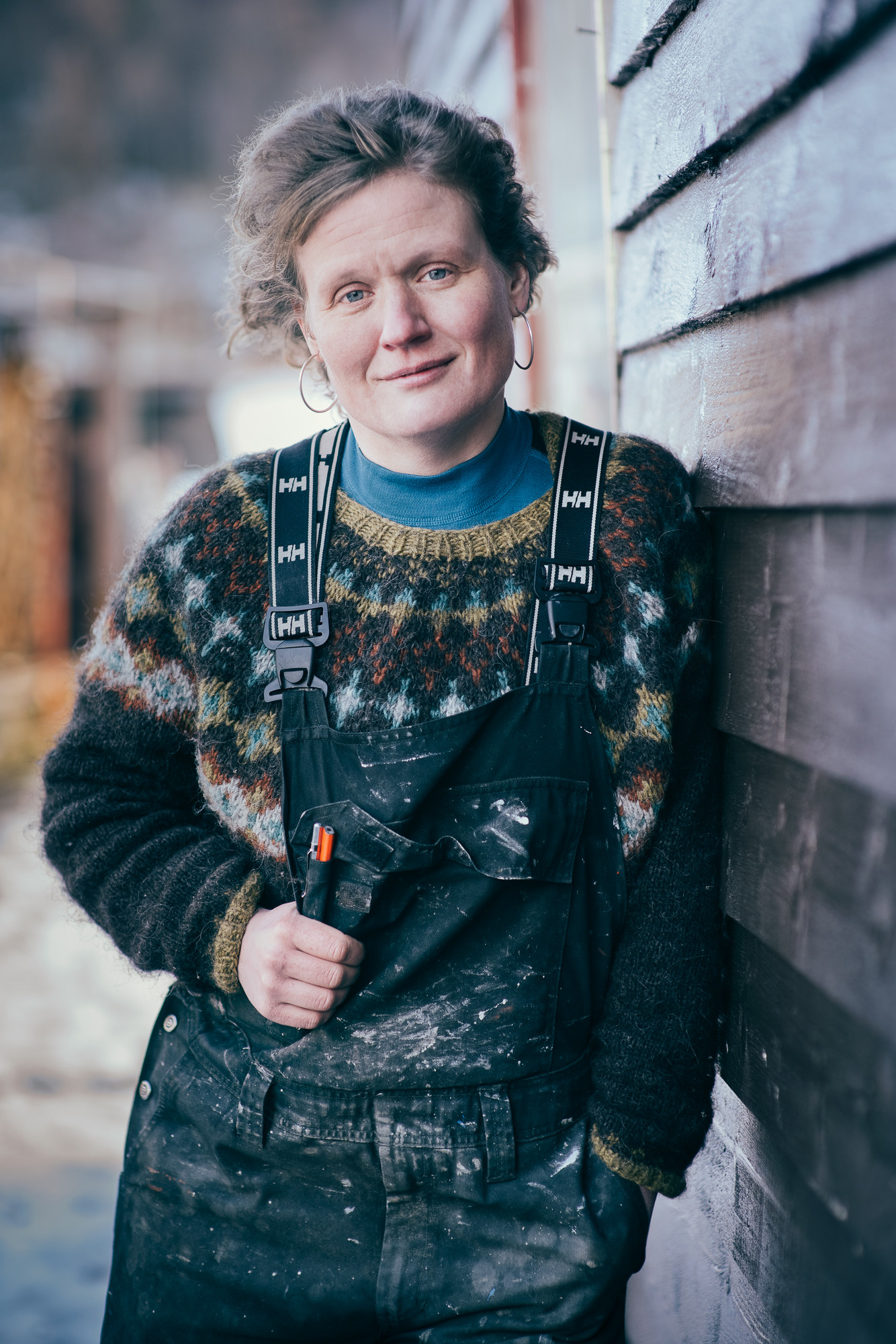We humans have always used our hands to create the world around us. Until now. These days, we’ve gone from being practitioners to theorists, from being producers to consumers. What happens to us when we no longer use our hands?
This is the story of building a small – but absolutely necessary – building on your own and feeling an intense joy of doing it by yourself. Siri Helle inherited a cabin without electricity or running water – and without an outhouse. She decided to build one herself, almost as a bit of a protest, but mostly to find out if she was able to. The outhouse is built with material found at close hand. Siri manages to make the planks from large trees, she builds the turf, she braids walls, uses her knife to make shavings – and her sense of achievement grows. A feeling stronger and warmer than many others in this world. To create, to build something with your own hands – this is something everyone should try, she thinks. Especially those who think they can’t.
Charming! When life cuts deep, try some chainsaw mindfulness.
Simon Usborne, The Sunday Times
A beautifully packaged book about one woman’s plan to build a mini-cabin using a chainsaw. Celebrating the importance and impact of making lasting things with your hands, it’s a delightful read that makes for a perfect present.
Stylist, UK
I nod my head with pleasure when I read this book. Siri Helle swings the pen as surely as the chainsaw….This book isn’t written for trained craftsmen, but for those of us who long to do more with our hands, but who do not think we have it in us.
NRK
Inspirational. The fact that Helle doesn’t know what she is doing – or has enough Socratic irony to pretend – makes her book more accessible and inspiring for a practical klutz like me.
Aftenposten
Surprisingly, quite a lot of wisdom may come out of building an outhouse.
Bergens Tidende
If you think it sounds nostalgic and romantic, you’re wrong. This is not a backto-the-wilderness book. On the contrary, Helle is aware that she is both happy to live with water and electricity, that she enjoys TV shows and that she enjoys writing and having a public voice. The bottom line is that she “needs both.” And that’s why perhaps this book’s most important message lies in all the clumsiness she describes so well: For none of us are born craftsmen, as little as we were born with ten thumbs. Learning something requires patience, but perhaps first and foremost an attitude that trying and failing is not so dangerous. As Helle writes: “If something is worth doing, it is worth doing badly first.” Don’t be afraid of your ten thumbs, they will get fewer in time!
Klassekampen

